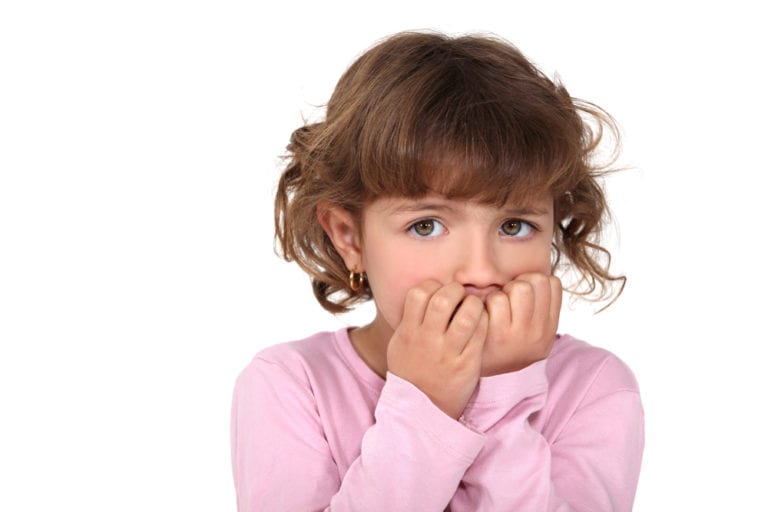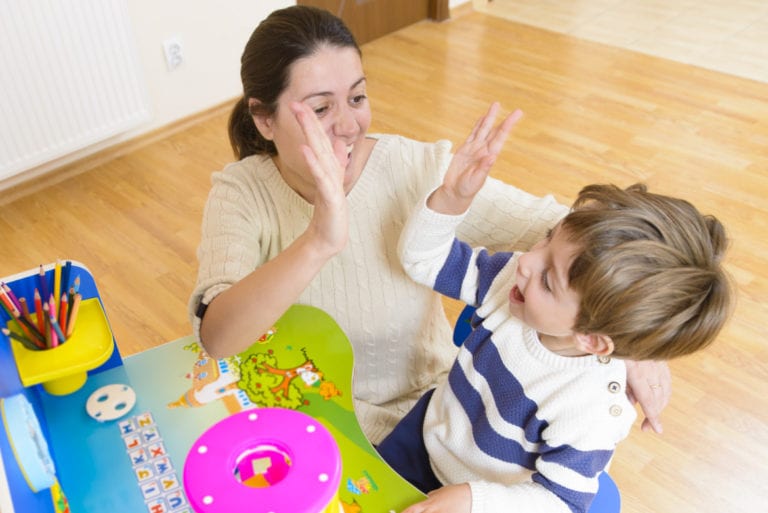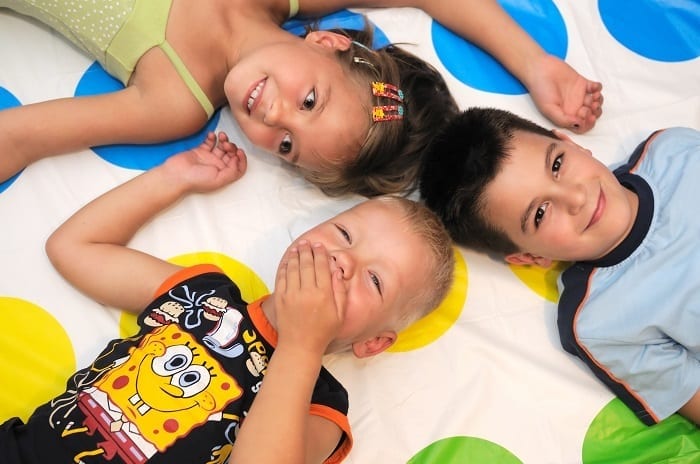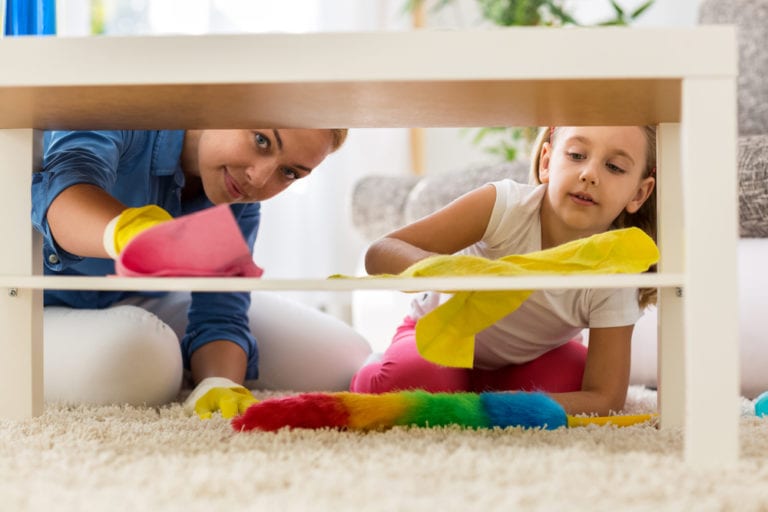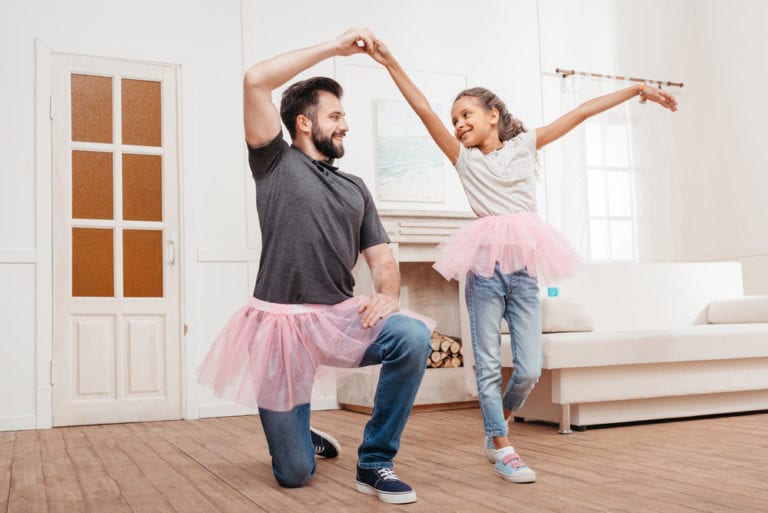Praise Vs Encouragement
Disclosure: This post may contain affiliate links, meaning I may get a small commission if you decide to make a purchase through my links, at no cost to you.

Praise Vs Encouragement
When it comes to praise vs encouragement, the two sound similar. In actuality they are completely different. Let’s explore the difference between praise vs encouragement.
You watch your 3-year-old daughter play on the money bars at the park. She runs over and gives you a huge hug. You say to her, “You are the cutest!” She beams and runs back to playing. You can’t help but think she is the cutest thing since the wheel.
Your 11-year-old son scores the game winning basket for his team in the Jr Basketball League. You are so proud and say, “Holy cow! That was the best play ever! You are going to be an all-star!”
And finally, your high school Junior gets yet another A on the Geography exam. You are excited about her getting into the college of her dreams and say, “Wow, you are brilliant! Great job Einstein!”
Giving praise may seem as though you are giving your child a positive self-concept. Isn’t that what we want? Isn’t praise what positive discipline and parenting is all about? Not really.
When your 3-year-old greets a neighbor in the checkout line of the grocery store, and your neighbor responds, “You are so adorable.” If your 3-year-old says, “Yeah, I know.” She doesn’t look so adorable now does she.
Your 11-year-old may not practice as much if he believes that he is a future NBA all-star. He’s already got skills, so why practice?
Your high schooler may feel so over confident in her brilliance that she doesn’t try as hard when future classes and exams are more challenging.
Get our list of Words and Phrases of Encouragement sent to your email by clicking here —–> Words and Phrases of Encouragement
Praise vs Encouragement – Why Praise Doesn’t Work
Praise may inspire some children to improve behavior, but it won’t last. These children become dependent upon praise and turn into people pleasers or approval junkies. These children may grow into adults totally dependent upon the approval of others. Other children resent and rebel against praise because how do they live up to all of the expectations of being adorable, an all-star, or a brilliant mathematician all of the time.
Some kids can’t compete against kids who seem to get praise so easily. The best way to instill self-confidence in kids is to give them encouragement. Encouragement is a way to empower kids and teens. It helps them develop the skills to be independent and replicate the skills they learned for the future.
What is the Difference Between Praise vs Encouragement?
Many parents and educators believe that praise will “give” a child self-esteem. Self-esteem cannot be given. Self-esteem is developed through self confidence gained from dealing with different situations whether they be successes or failures. Kids learn through solving problems, and opportunities learned from making mistakes.
Praise is an award for good behavior. It is similar to getting a dollar for doing your homework, or a new video game for coming home on time every day. It feels good at first, but with constant rewards for good behavior, the effects of praise don’t last very long and may even lesson as time goes by. Parents don’t realize the long-term ramifications of being dependent upon the opinion of others.
Your self-conscious teenager just posted a video on YouTube and got more views, likes and shares than any other video he posted to date. He was flying high with confidence for several days, but it didn’t last when his next video didn’t do as well. Now his whole life’s purpose and well being is based on how many likes and shares his videos get from this point forward.
Encouragement allows the child to build confidence in his abilities and encourages independence. Here are some questions that you can ask yourself when deciding if a statement is praise or encouragement:
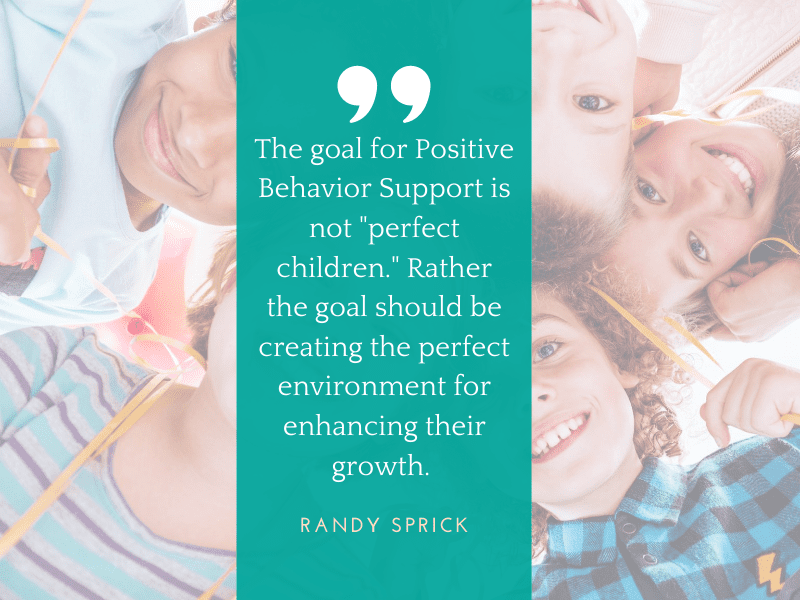
Questions to Ask When Deciding if Your Words are Praise vs Encouragement
Do I encourage self-confidence and motivation or do I encourage the dependence on the evaluation of others?
We love our children and what them to feel like the special people we know they are. With all of the negativity they may face on a day to day basis, why not balance self-doubt that they will surely face with constant praise. We want them to feel good about their behavior and abilities and beliefs.
It feels good to tell your 3-year-old she is adorable, because she will undoubtedly feel less that pretty as she grows up. Maybe it feels right to tell your 11-year-old that he is an all-star basketball player, in spite of his occasional awkward stumbling down the court. Maybe it feels right to tell your teen that she is the most brilliant, because she will invariably compare herself to her more talented peers.
To some degree this is OK, but studies by developmental and social psychologist Dr. Carol Dweck show that praise statements affect children’s motivations by instilling fixed–rather than growth–mindsets.
Am I respectful or are my words just shallow or superficial?
Your 6-year-old daughter loves it when you compliment her art work. She spends hours every afternoon drawing pictures for you, “How do you like my rainbow Mommy?” “Do you like my picture?”
She becomes more interested in your praise of “You are such a great artist!” than actually creating the art. Praise does not focus on the activity itself, or the determination of the child.
Can you imagine our children only pursuing an activity because they want to impress us and not because they actually love it? Of course it is normal for kids to want to be recognized and it is extremely important for kids to know that they are loved and that we support them, but if Jenny starts taking violin lessons only to get your praise and approval, and not because she loves the violin, then she will probably not continue playing the violin for very long.
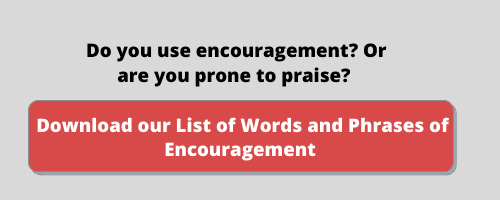
Do I see the world through my child’s or student’s view or just my own?
When we use praise statements like, “I am so proud of you.” We need to remember that it isn’t about us. Of course you are proud but seemingly harmless statements like, “I love how you play the piano so well.” Takes the focus away from encouragement. It isn’t about what makes us proud or what we enjoy, it is more about helping our children grow in self-esteem and personal growth. Instead try, “You played that piano with such enthusiasm!”
Do I respond to the deed of my child/student or the doer of the deed?
When your teenager folds his clothes and puts them away without being asked, you are most likely going to celebrate excessively and say, “Oh wow! You are amazing!” Of course you are excited that he did something without asking, and you probably are floored, but what he did isn’t really that amazing. I mean, he should be picking up his clothes anyway. We shouldn’t put our kids on a pedestal for doing things they should already be doing.
However, our kids need recognition and encouragement when they do make great choices. Say instead, “Thank you for folding your clothes and putting them away. You made it so much easier to clean the laundry room.” Just as I statements focus on what we want and how we feel, praise also focuses on the child and not the child,
When we encourage good behavior with kind and reinforcing words, we create in our kids a desire to repeat the actions and a feeling of connection between you and your kids.
Maybe you do think your teen is amazing. But if you are constantly telling him that, he may think that there is no room for improvement and he won’t have any desire to work on being more kind, patient or generous.
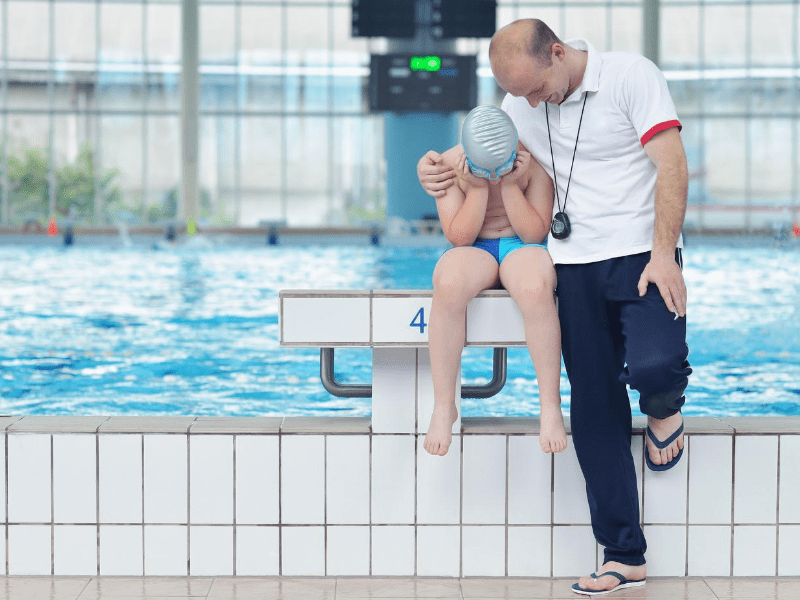
Praise Vs Encouragement – Remember to Acknowledge Positive Behavior and Actions
A huge part of getting rid of bad behavior in our children is to re-enforce the good behavior.
If your 15 year old son turns off the video game he is playing and starts doing homework you can re-enforce that positive choice he made by saying, “I know that you are so close to getting to the next level of the video game, but you should be proud that you saw your studies as a priority.”
When it comes to giving our kids a quick pat on the back, “great job” or “you’re a the best” will not cut the mustard.
Unlike redundant and excessive praise, Encouragement will bring much better and deeper change. Encouragement will motivate kids to demonstrate positive behavior, to value hard work, and improvement, and encourage perseverance and stick-to-itiveness.
We can encourage our kids to discover for themselves that their worth is limitless, by encouragement, support and respect.
Related Topics
- Teaching Kids Compassion and Empathy
- 5 Hurdles in Raising Responsible Teenagers
- 7 Ways to Develop Listening Skills in Your Kids
- 12 Rules for Raising Teens
- 14 Ways to Make Your Child Feel Special
GET FREE ACCESS TO OUR LIBRARY OF FREE PRINTABLES AND RESOURCES!
Enter Your Name and Email for FREE Access to our Library of FREE Home and Family Printables Series!
